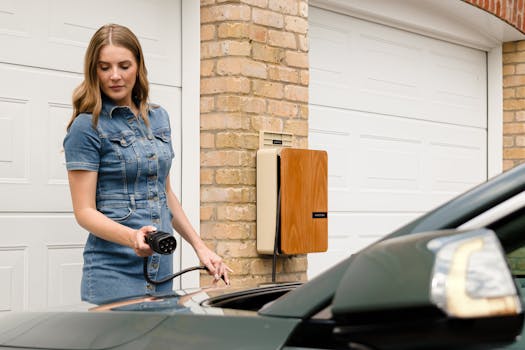
Smart Homes and Smart Living: The Technological Transformation of European Homes by 2025
Smart Homes and Smart Living is revolutionizing the way we live in European homes. The concept of smart homes has been around for several years, but it’s only recently that the technology has become sophisticated enough to make a significant impact on our daily lives. By 2025, it’s estimated that the majority of European homes will be smart, with devices and systems integrated to make our lives easier, more convenient, and more sustainable.
What are Smart Homes?
Smart homes are homes that are equipped with advanced technology to make our lives easier and more convenient. This can include devices such as thermostats, lighting systems, security cameras, and home appliances that can be controlled remotely using a smartphone or voice assistant. Smart homes can also include more complex systems, such as home automation systems that can learn our habits and preferences and adjust the home’s settings accordingly.
The Benefits of Smart Homes
The benefits of smart homes are numerous. For one, they can help us save energy and reduce our carbon footprint. Smart thermostats, for example, can learn our schedules and preferences and adjust the temperature accordingly, so we’re not wasting energy when we’re not home. Smart lighting systems can also be programmed to turn off lights when we’re not using them, which can help reduce energy consumption.
Smart homes can also improve our safety and security. Smart security cameras, for example, can alert us to any suspicious activity, and smart door locks can be controlled remotely, so we can let people in or out of our homes without having to physically be there. Smart homes can also improve our health and wellbeing, by monitoring our air quality, temperature, and humidity levels, and adjusting the home’s settings to create a healthy and comfortable environment.
The Technological Transformation of European Homes
By 2025, the majority of European homes will be smart, with devices and systems integrated to make our lives easier and more convenient. This transformation is being driven by advances in technology, such as the Internet of Things (IoT), artificial intelligence (AI), and 5G networks. These technologies are enabling the development of more sophisticated smart home devices and systems, that can learn our habits and preferences and adjust the home’s settings accordingly.
The European Union is also playing a significant role in promoting the adoption of smart homes, through initiatives such as the Smart Homes and Buildings initiative, which aims to promote the development and deployment of smart home technologies. The EU is also providing funding for research and development of smart home technologies, through programs such as the Horizon 2020 program.
Conclusion
Smart homes and smart living is the future of European homes, and by 2025, the majority of homes will be equipped with advanced technology to make our lives easier and more convenient. The benefits of smart homes are numerous, from saving energy and reducing our carbon footprint, to improving our safety and security, and health and wellbeing. As technology continues to advance, we can expect to see even more sophisticated smart home devices and systems, that can learn our habits and preferences and adjust the home’s settings accordingly.
What to Expect in the Future
In the future, we can expect to see even more advanced smart home technologies, such as augmented reality and virtual reality, which will enable us to interact with our homes in new and innovative ways. We can also expect to see more integration with other technologies, such as wearable devices and smart cars, to create a seamless and connected living experience.
Challenges and Limitations
While smart homes offer many benefits, there are also challenges and limitations to consider. One of the main challenges is the cost of implementing smart home technologies, which can be prohibitively expensive for many people. There are also concerns about the security and privacy of smart home devices, which can be vulnerable to hacking and data breaches.
Solutions and Recommendations
To overcome these challenges, it’s essential to invest in robust security measures, such as encryption and firewalls, to protect our smart home devices from hacking and data breaches. We should also consider the cost of implementing smart home technologies, and look for affordable and scalable solutions that can be integrated into our existing homes and lifestyles.






